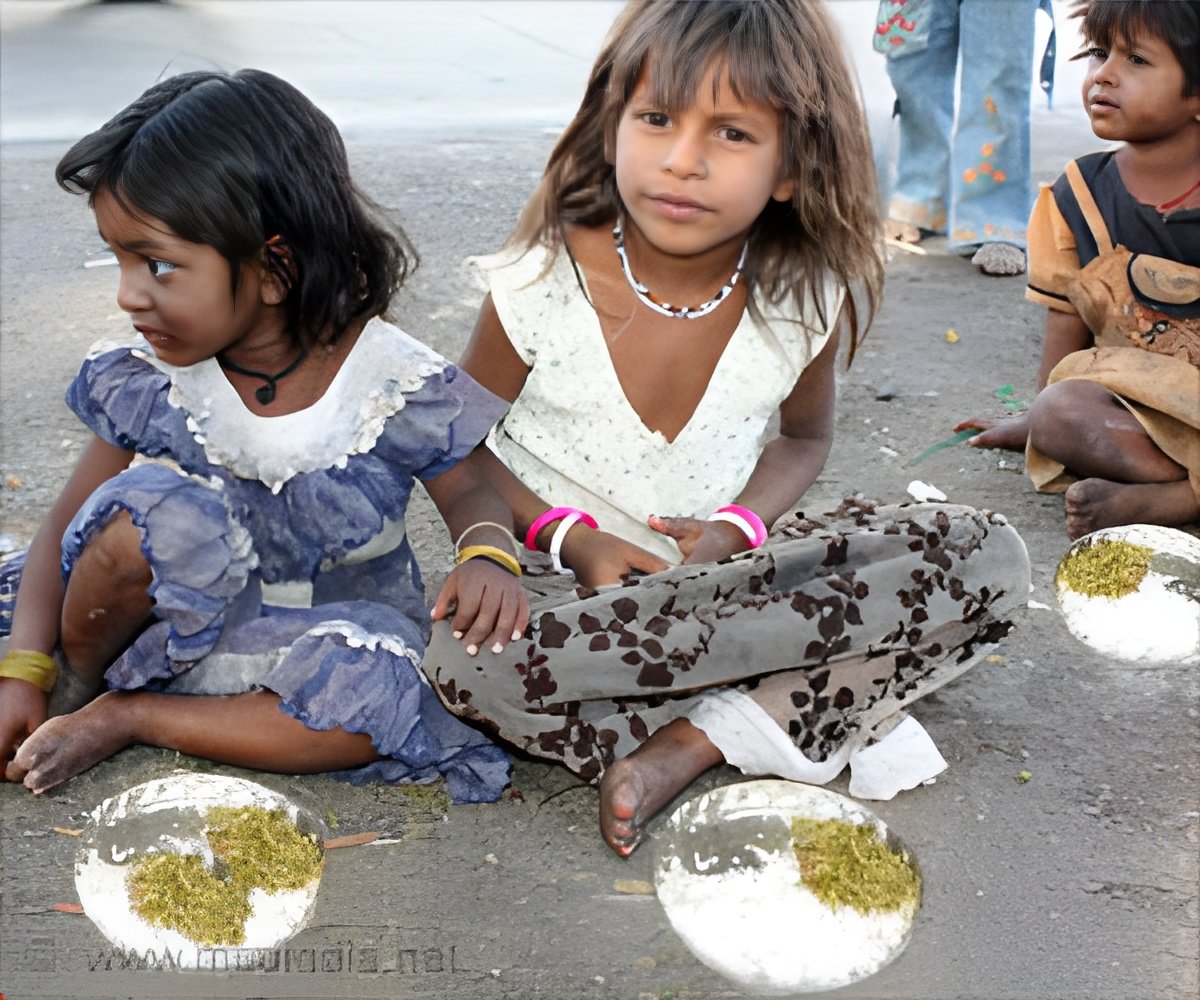Unhealthy dietary habits contribute to a staggering 56% of India's disease burden, highlighting a pressing public health concern.

Dietary Guidelines For Indians
Go to source).
Advertisement
Unhealthy Diets
The fabric of Indian society is deeply woven with unhealthy dietary habits, spurred by economic disparities, rapid urbanization, and shifting lifestyles. Traditional, nutrient-rich foods are being displaced by processed, high-fat, sugary, and salty fare. The market is flooded with packaged snacks, fast food, and sugar-laden beverages, offering convenience at the expense of nutrition.Advertisement
The Health Toll
India's dietary transition exacts a profound toll on public health, manifesting in a slew of non-communicable diseases (NCDs) like coronary heart disease (CHD), hypertension (HTN), and type 2 diabetes. Obesity, once rare, now afflicts approximately 25% of the populace, coexisting paradoxically with persistent malnutrition. This dual burden underscores the urgency of addressing dietary issues comprehensively.Advertisement
Consequences of Poor Dietary Choices
- Rising Obesity Rates: Sedentary lifestyles and excessive consumption of calorie-dense foods contribute to obesity, a major risk factor for chronic diseases.
- Escalating Chronic Disease Burden: Unhealthy dietary habits significantly contribute to chronic conditions such as cardiovascular disease, hypertension, and type 2 diabetes.
- Nutritional Deficiencies: Despite dietary excesses, undernutrition and micronutrient deficiencies persist due to poor dietary diversity and reliance on processed foods, leading to various health problems.
Addressing the Crisis: Potential Solutions
- Promoting Nutritional Literacy: Educating individuals about balanced diets, portion control, and the importance of fresh, whole foods is crucial for making informed dietary choices.
- Policy Interventions: Government initiatives, including taxation on unhealthy foods and regulation of food marketing, can encourage healthier choices and discourage harmful dietary habits.
- Community-Based Interventions: Grassroots efforts such as community gardens and nutrition education programs empower individuals to adopt healthier dietary practices, fostering a culture of wellness at the local level.
Reference:
- Dietary Guidelines For Indians - (https://www.nin.res.in/downloads/DietaryGuidelinesforNINwebsite.pdf)
Source-Medindia










